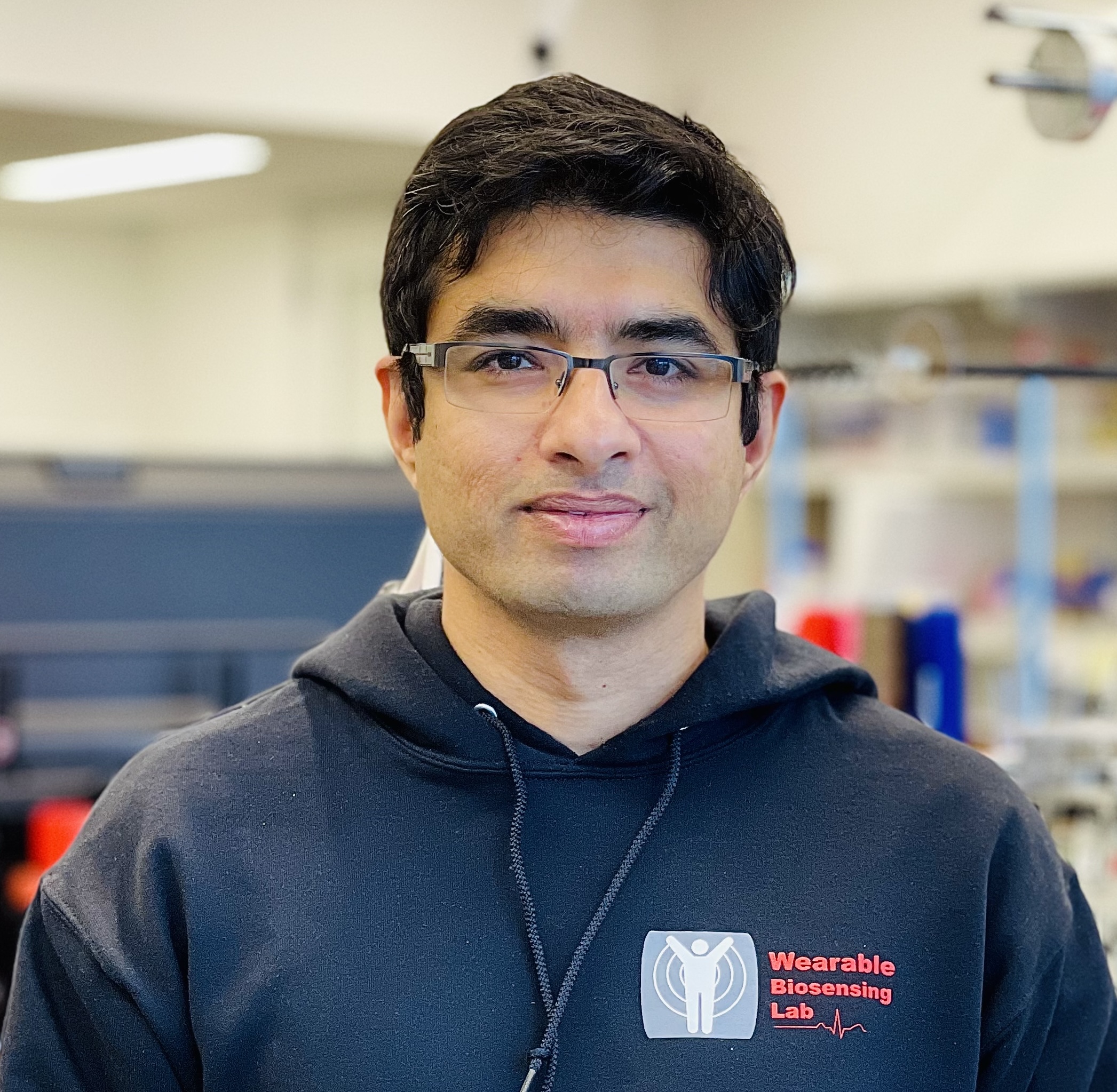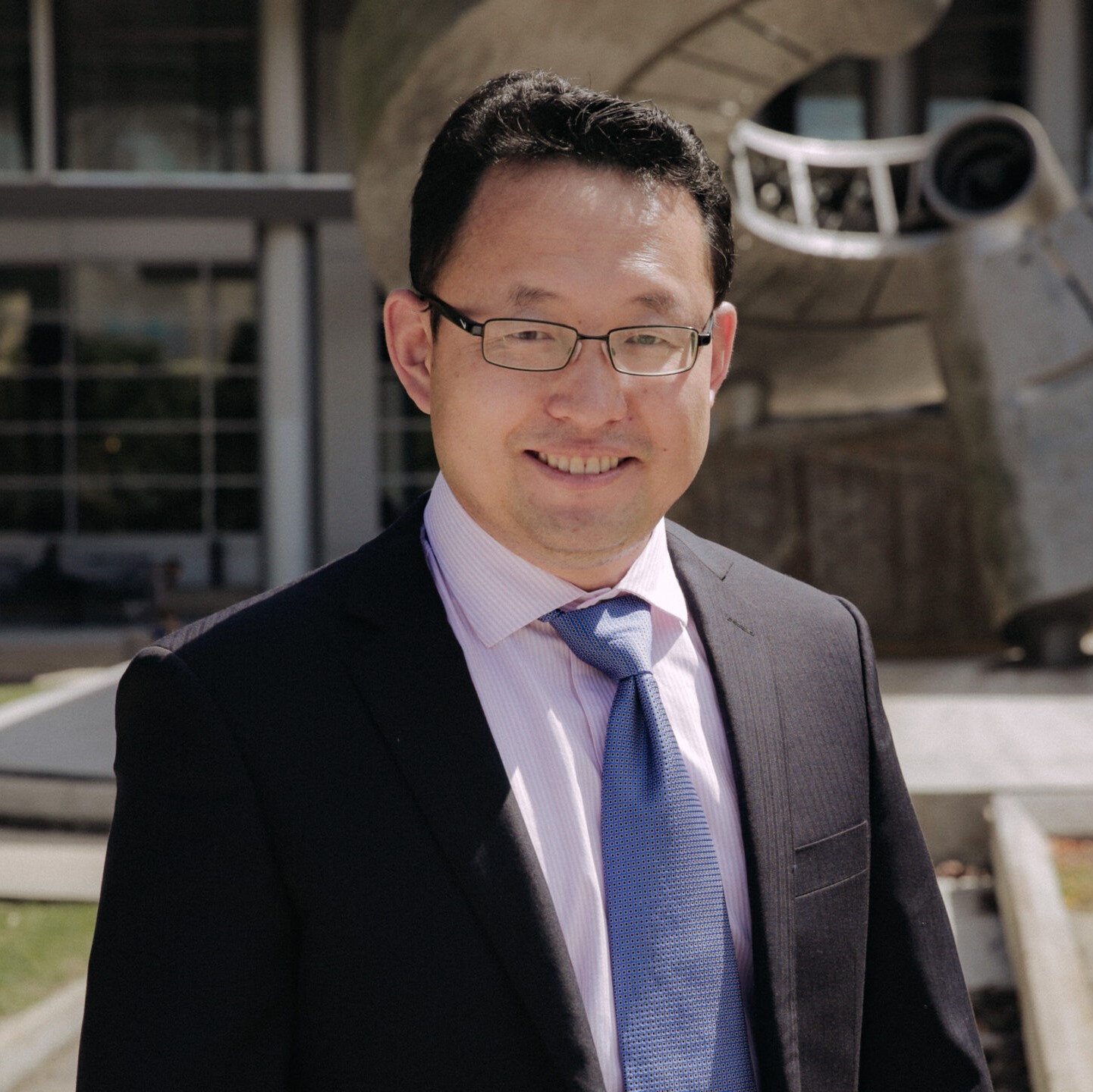Dr. Kunal Mankodiya is a Professor of Biomedical Engineering at the University of Rhode Island and Director of the Wearable Biosensing Lab (WBL). His research focuses on developing wearable and health technologies to monitor the brain, body, and behavior. WBL conducts transformative research with support from federal agencies like NSF and NIH, state funding from RI Commerce, and foundation grants. A notable example of his work is the development of a smart glove system for Parkinson’s disease assessment, funded by the prestigious NSF CAREER and PFI-TT Awards. He is currently expanding this research internationally, collaborating with partners in India to advance Smart Glove technologies. To date, he has mentored 18 graduate students, 3 postdocs, and published over 115 research papers.
As a prior co-founder and now scientific advisor for WellAware, a Rhode Island-based digital health startup, Dr. Mankodiya is passionate about bridging clinical needs with innovation. Through programs like HealthHacks and the Symposium on Smart Health & Wearables, he inspires the next generation to pursue med-tech innovation and entrepreneurship, advancing personalized medicine and accessible healthcare globally. Born in India, Dr. Mankodiya brings a global perspective, with an MS and PhD from Uni-Luebeck, Germany, and postdoctoral research at Carnegie Mellon University, USA.
Dr. Xiaopeng (Shaw) Li is currently a Professor in the Department of Civil and Environmental Engineering at the University of Wisconsin-Madison (UW-Madison). He served as the director of National Institute for Congestion Reduction (NICR) before. He is a recipient of a National Science Foundation (NSF) CAREER award. He has served as the PI or a co-PI for a number of federal, state, and industry grants, with a total budget of around $30 million. He has published over 110 peer-reviewed journal papers. His major research interests include automated vehicle traffic control and connected & interdependent infrastructure systems. ). He received a B.S. degree (2006) in civil engineering from Tsinghua University, China, an M.S. degree (2007), and a Ph.D. (2011) degree in civil engineering along with an M.S. degree (2010) in applied mathematics from the University of Illinois at Urban-Champaign, USA.


